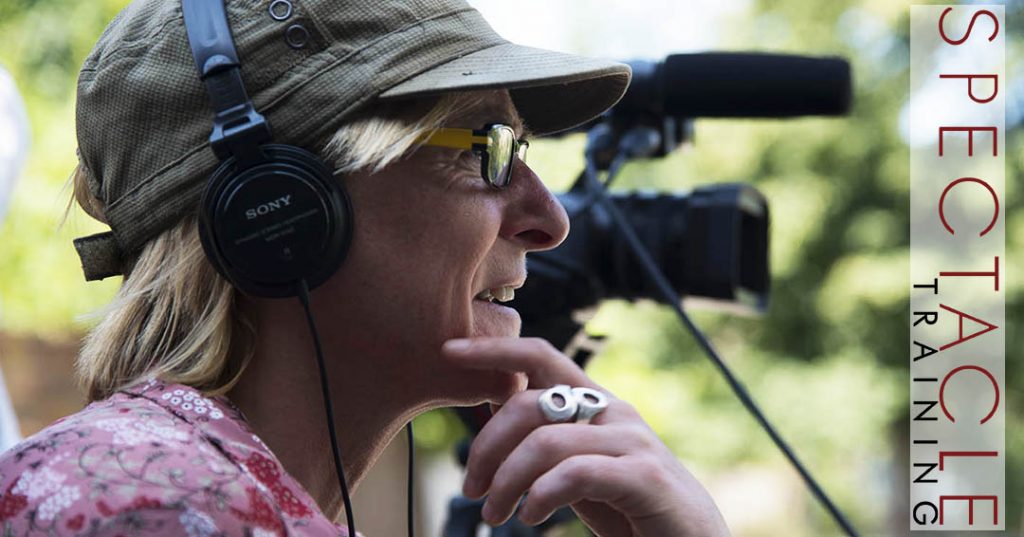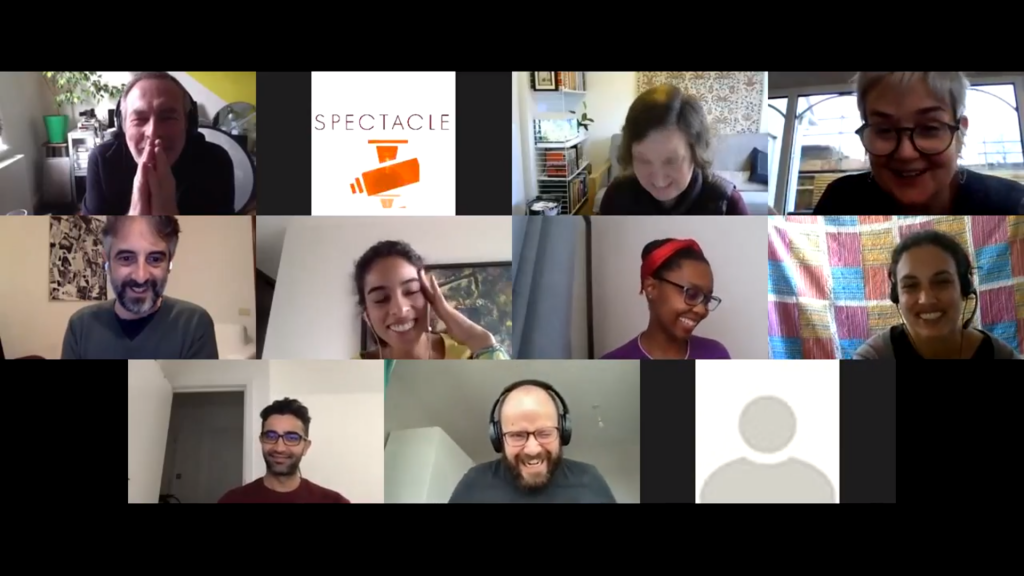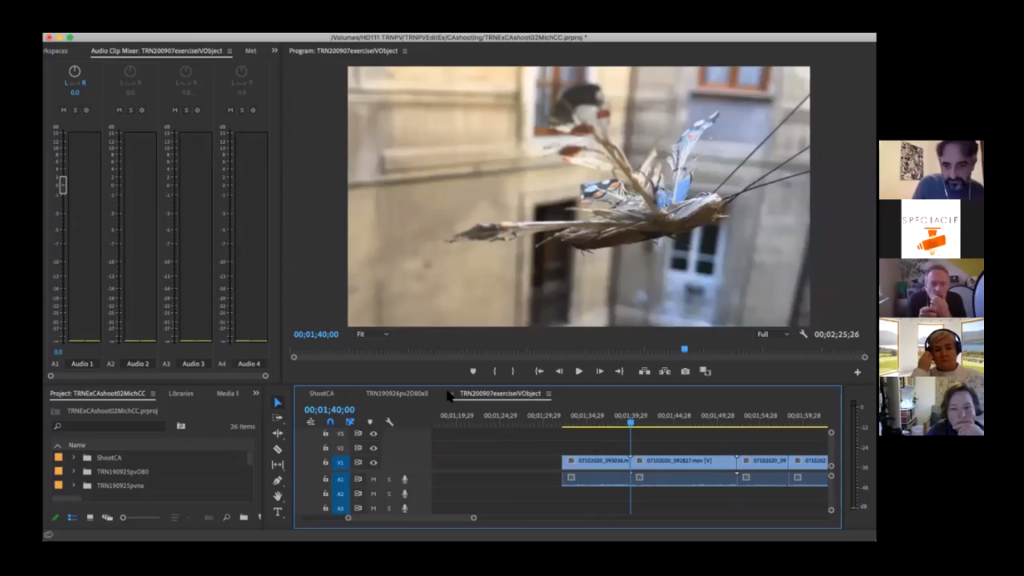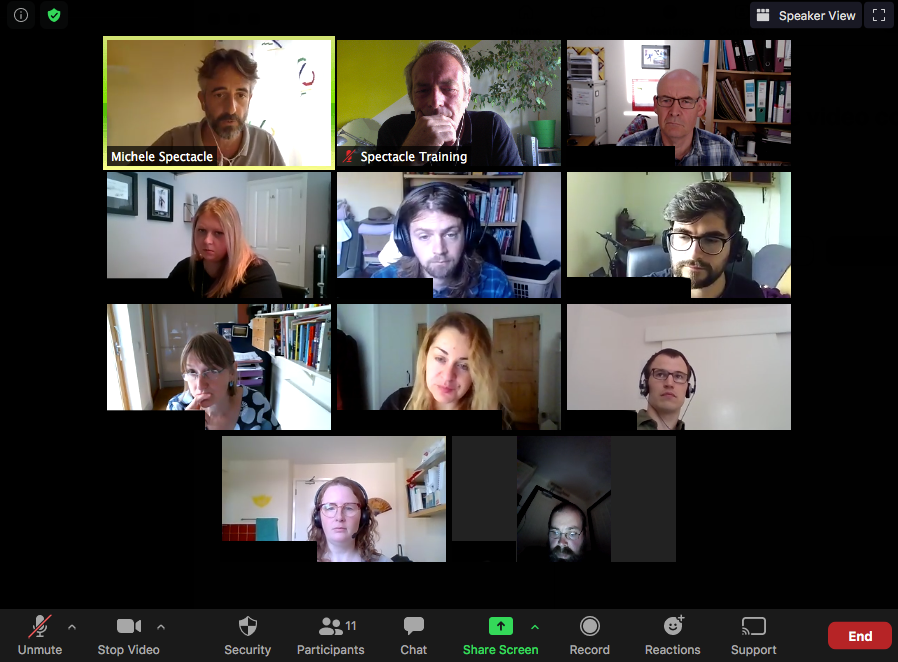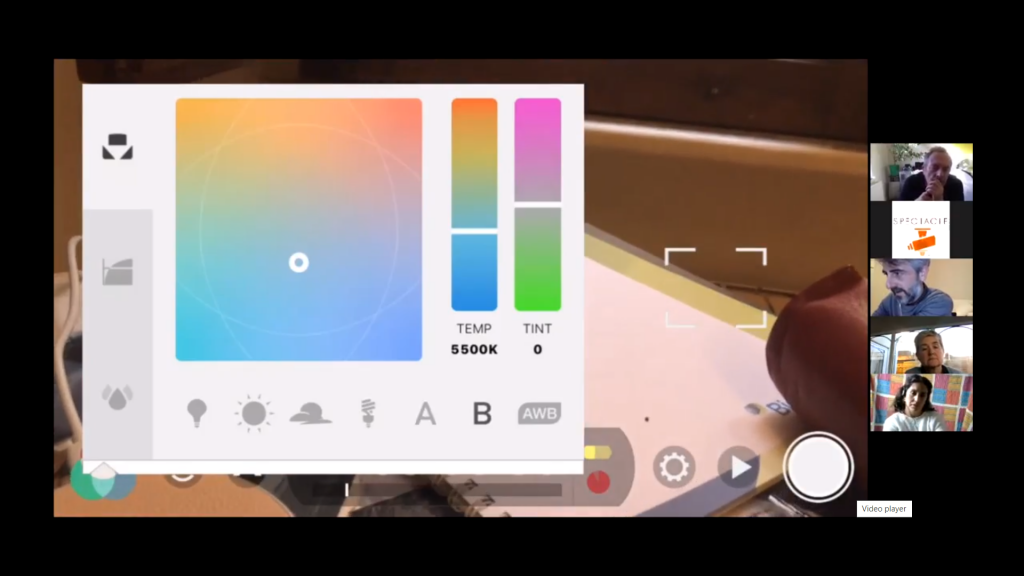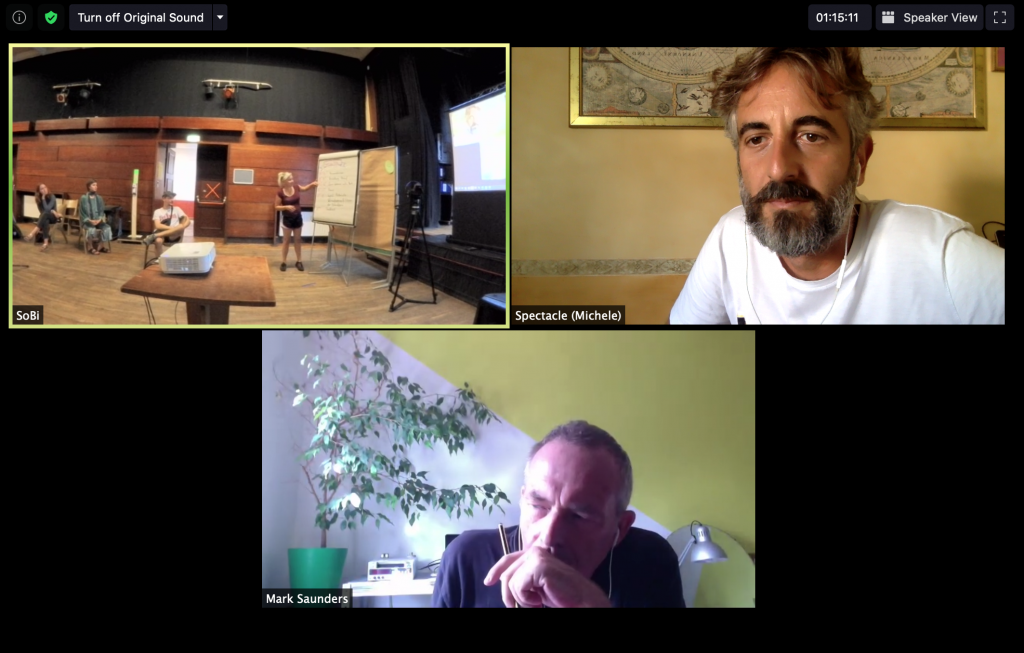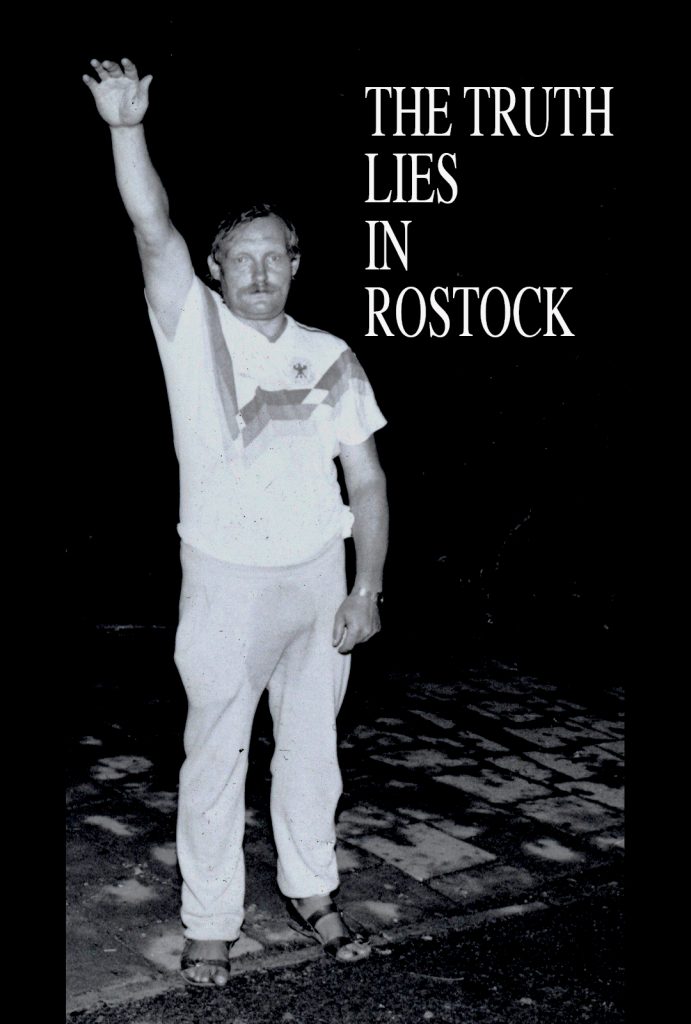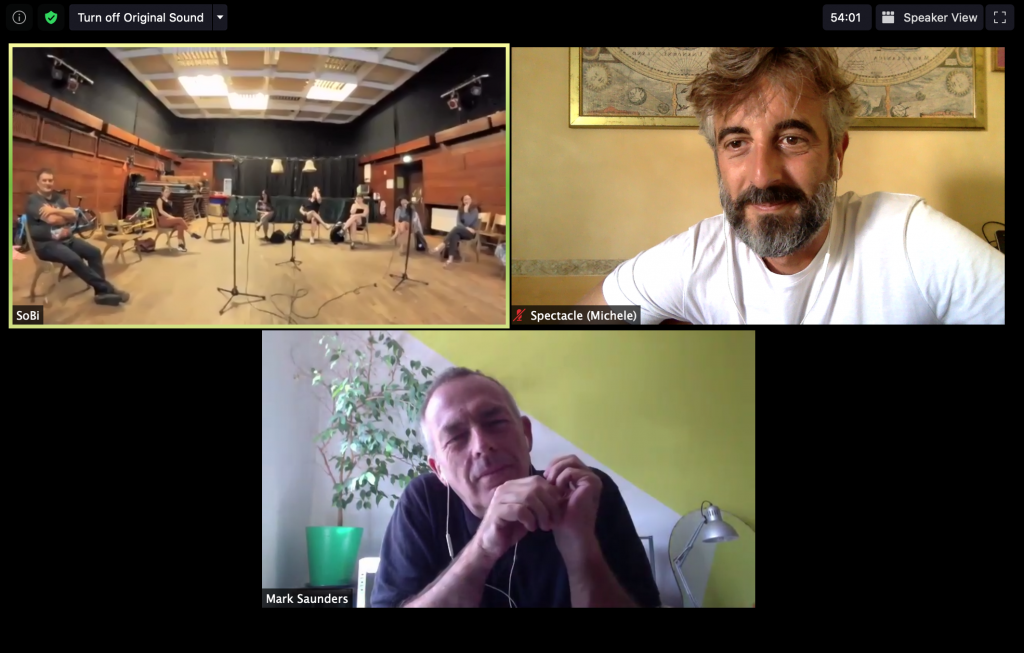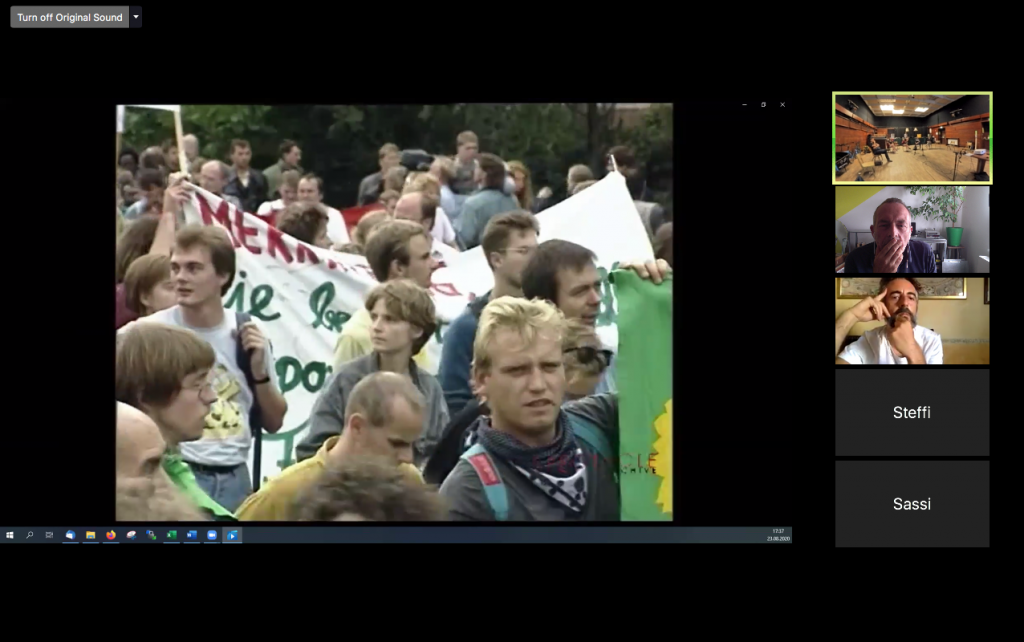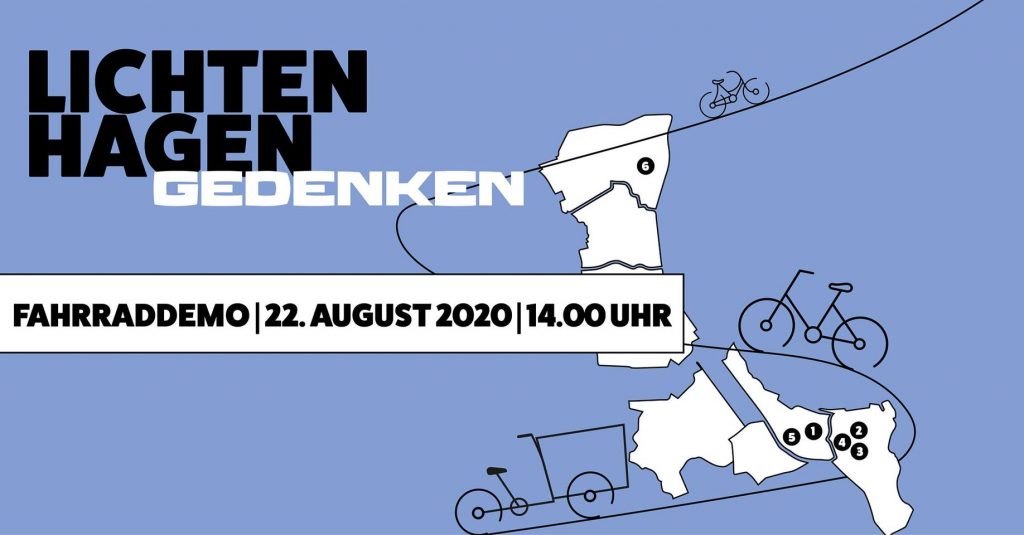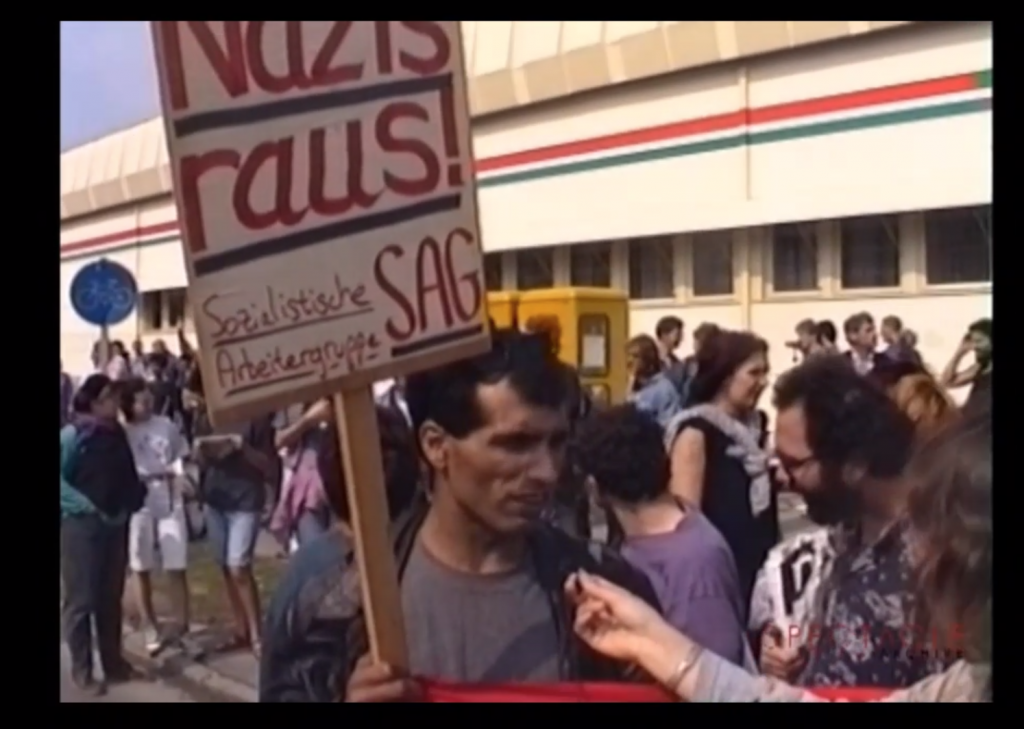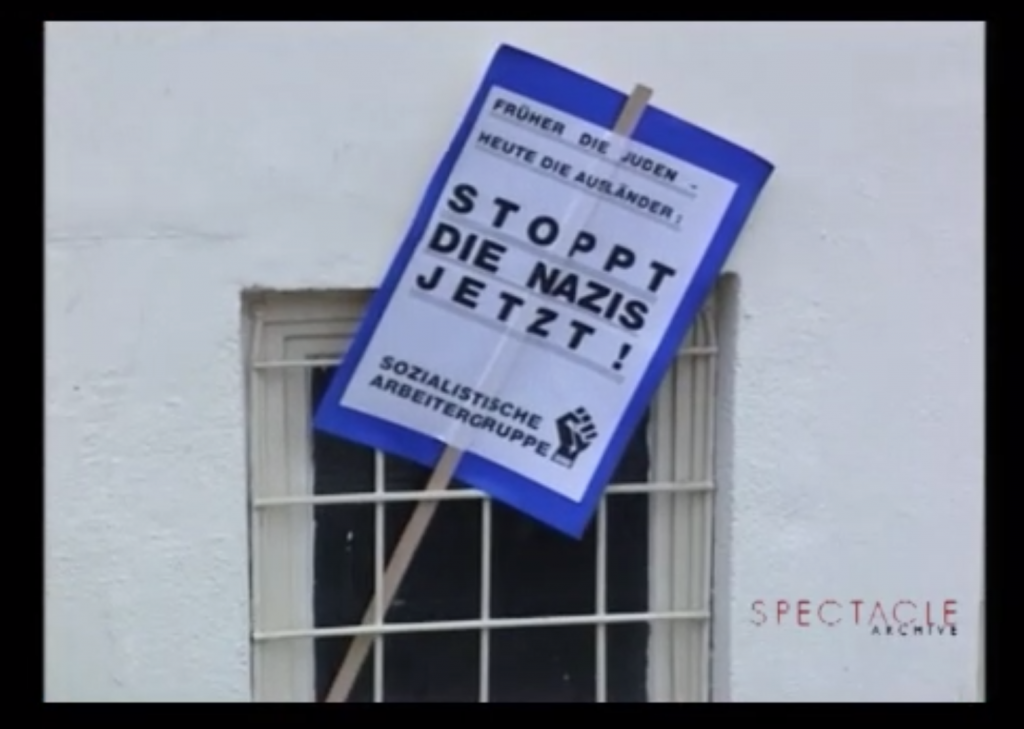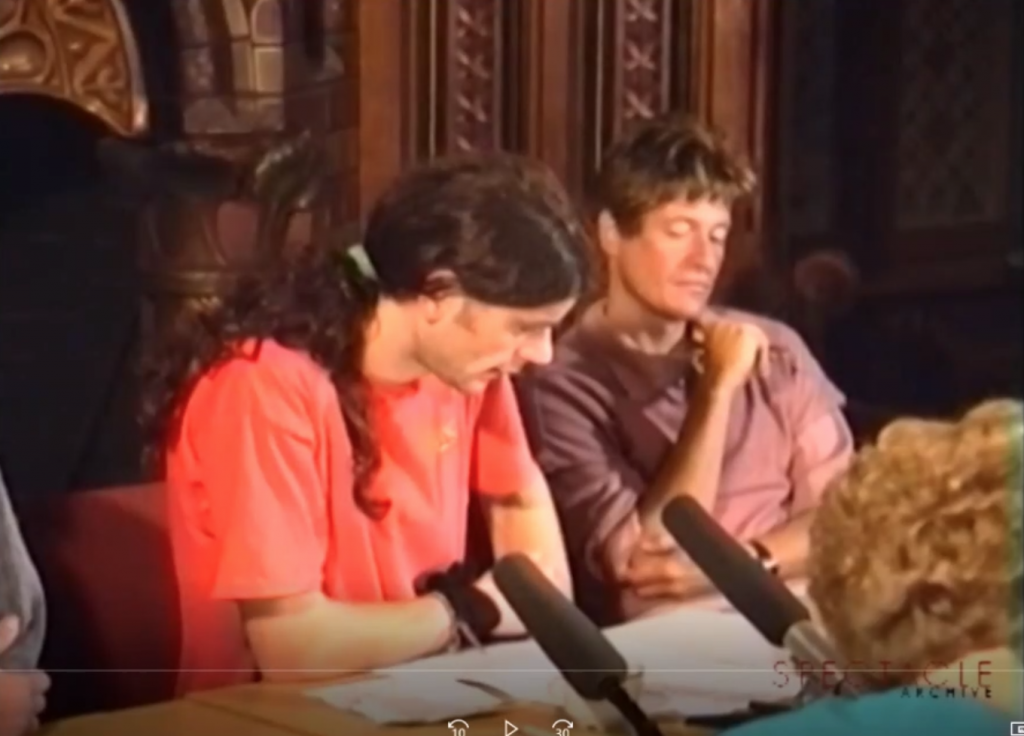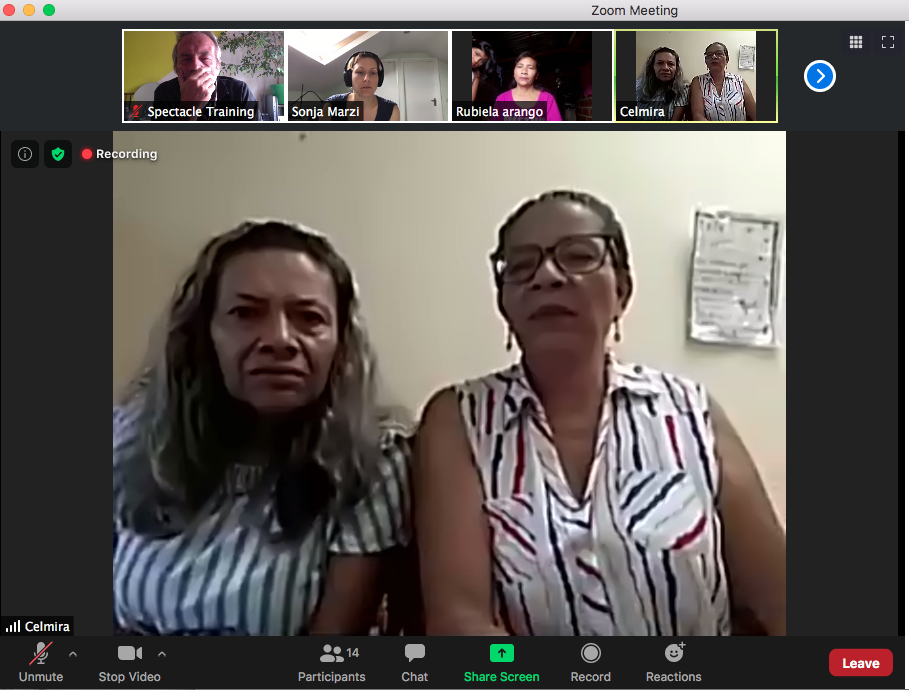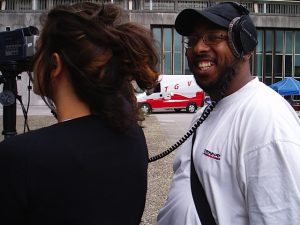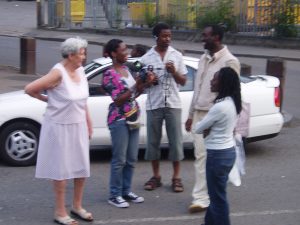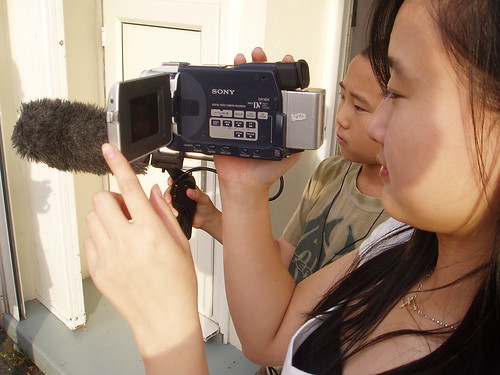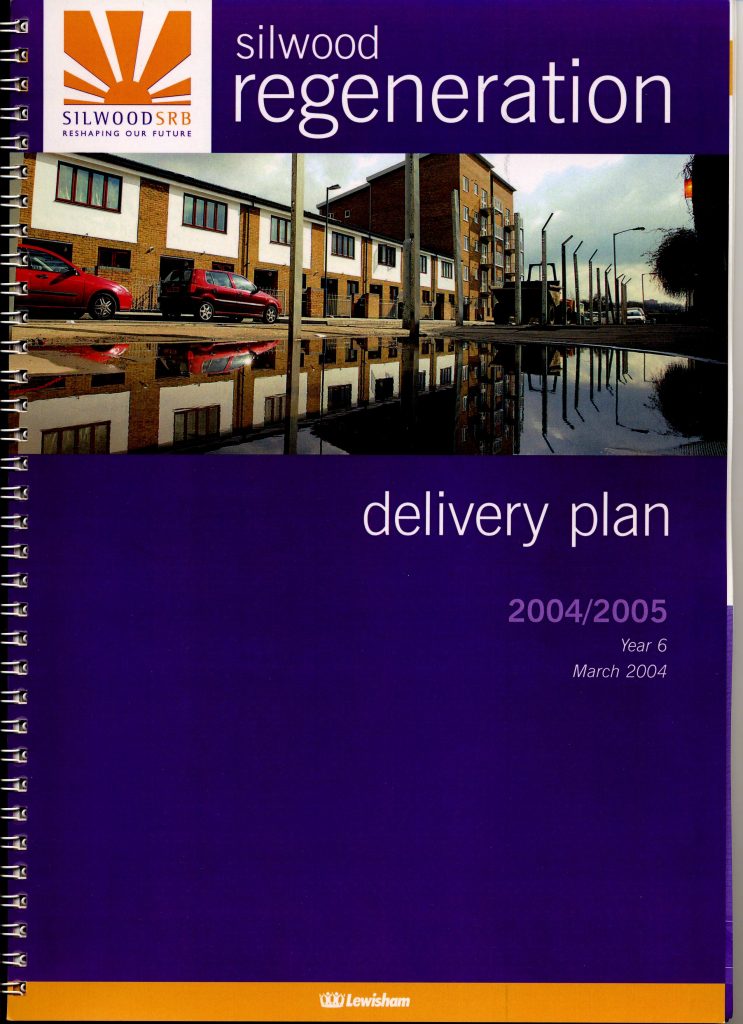
Summary
In March we have wrapped up the final stages of our Digitally Democratising Archives project, funded by the National Lottery and The Audience Agency.
The aim of the project was to open the Silwood archive, for the first time since filming began, and to invite the Silwood community to watch, comment on, and hopefully begin a participatory editing process which will draw out the story(ies) of Silwood.
Our project has gone largely as planned. All the aspects of workshops that we envisioned have happened. Participants have enjoyed watching and discussing the archive. Rather than stopping after 6 workshops we decided to maximise momentum by running a workshop every week for the duration of the project.
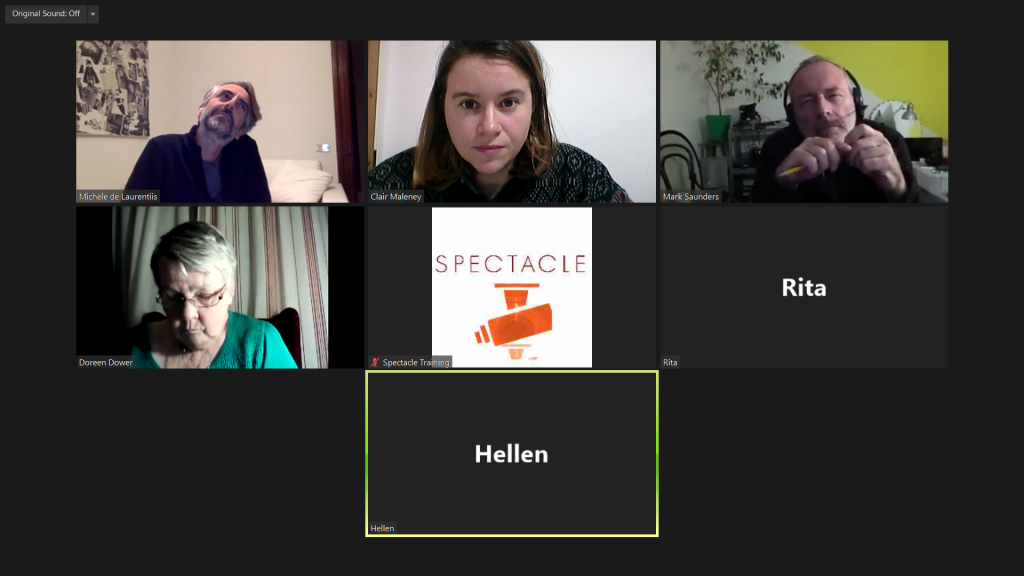
Outcomes
Exploring the Archive
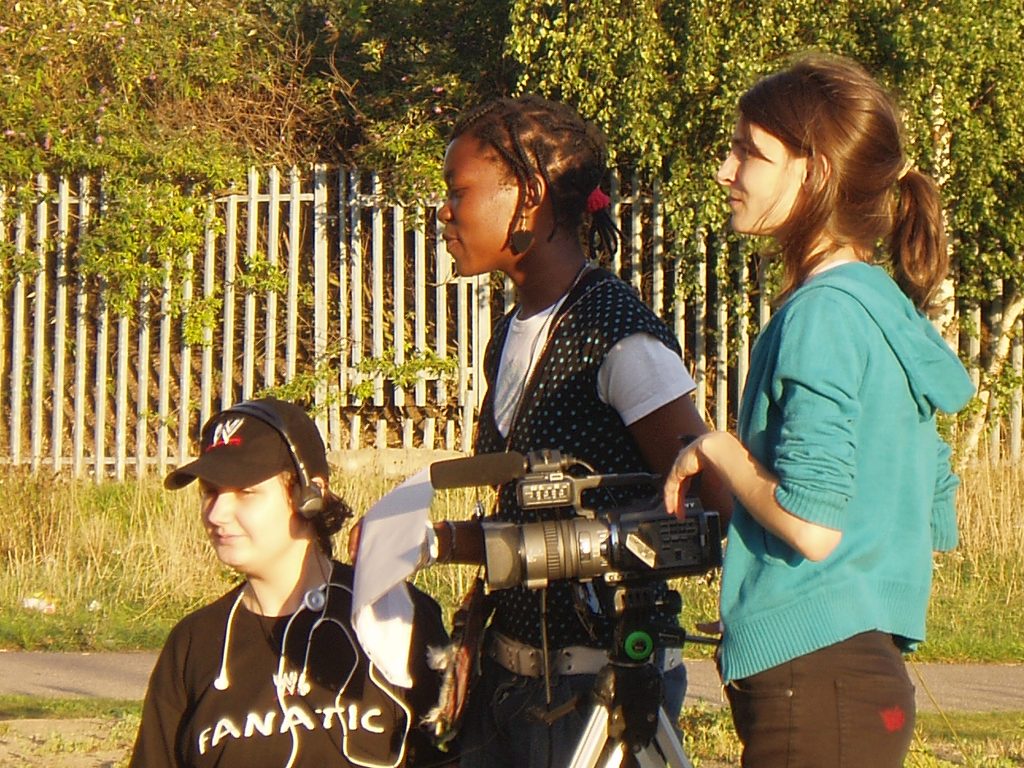
As part of this project we digitised and uploaded 392 clips from the Silwood archive. These clips covered a variety of themes including: the destruction of the estate, location shots of buildings which no longer exist, planning meetings which showcased spaces and buildings which were never built, promises made and not fulfilled, the desire for a youth centre and community centre, fly tipping, poems, and interviews with former residents.
As part of the project Spectacle published a short edited video on the theme of the missing statue Neighbourly Encounters. This statue was made by the artist Uli Nimptsch and specially commissioned for the estate.This short film brings together interviews of the model for the statue, bringing a historian on to the estate to discuss the missing statue, and the community’s memories of the statue itself. It continues to be unclear when and why the statue was removed, and where it is now.
Community Engagement
This project had three levels of potential engagement. The most shallow level was through likes, views, clicks, engagement on social media, or blog posts. We regularly shared public updates about the project, and occasionally posted public edited clips or videos from the archive. At this level Spectacle’s posts on Facebook about the DDA project reached 1660 individuals and had a total of 456 engagements. This is an average of 138 reached, and 38 engagements per post. Public videos received a total of 427 views on Youtube.
The second level of engagement was through subscription. Each blog post offered the opportunity to subscribe to a mailing list to access the archive. 26 unique participants subscribed and were given access to the 392 never before seen clips from the Silwood Archive that were uploaded during the project. Between them these 26 participants generated 1,354 views of private vimeo videos from the Silwood archive.
The third and deepest level of engagement was through participation in workshops to view, discuss, and make selections from the archive. A total of 10 participants participated in 17 workshops over the course of 4 months.
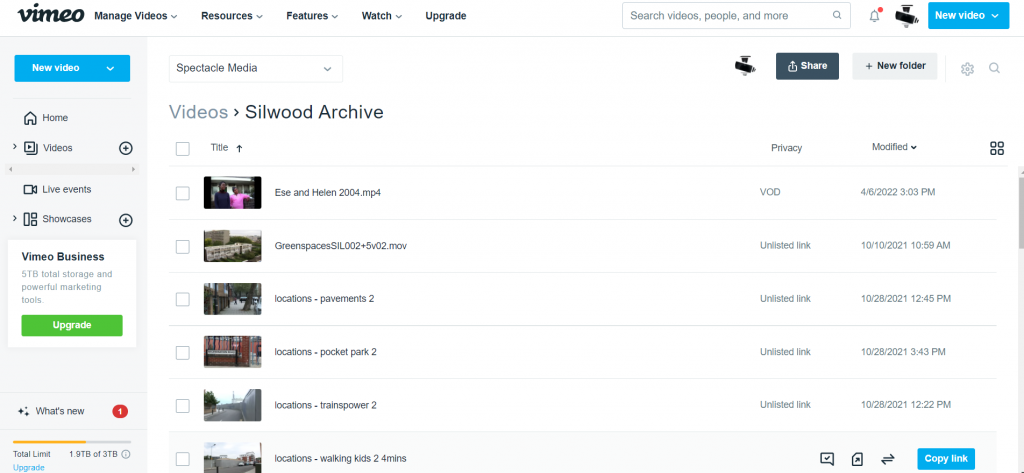
We received very positive feedback from participants. Participants remarked that they felt this archive was “vital to the history of their community.” There was great enthusiasm to share the archive with new or younger community members who would not be aware of the history of the estate.
Spectacle Skills
This project has been a useful opportunity to test and develop our cataloguing, digitising workflows and our archive-based participatory workshop model.
We developed our archive-based participatory model to run online archive-based workshops using a variety of platforms, and found ways to teach participants to use these platforms effectively. Through this process we have developed our workflows and explored the best use of accessible digital tools.
Through this process we have developed workflows to transfer archive footage from tape and other legacy formats (MiniDV, DVCam, DVDs) to digital, to be uploaded to online platforms.
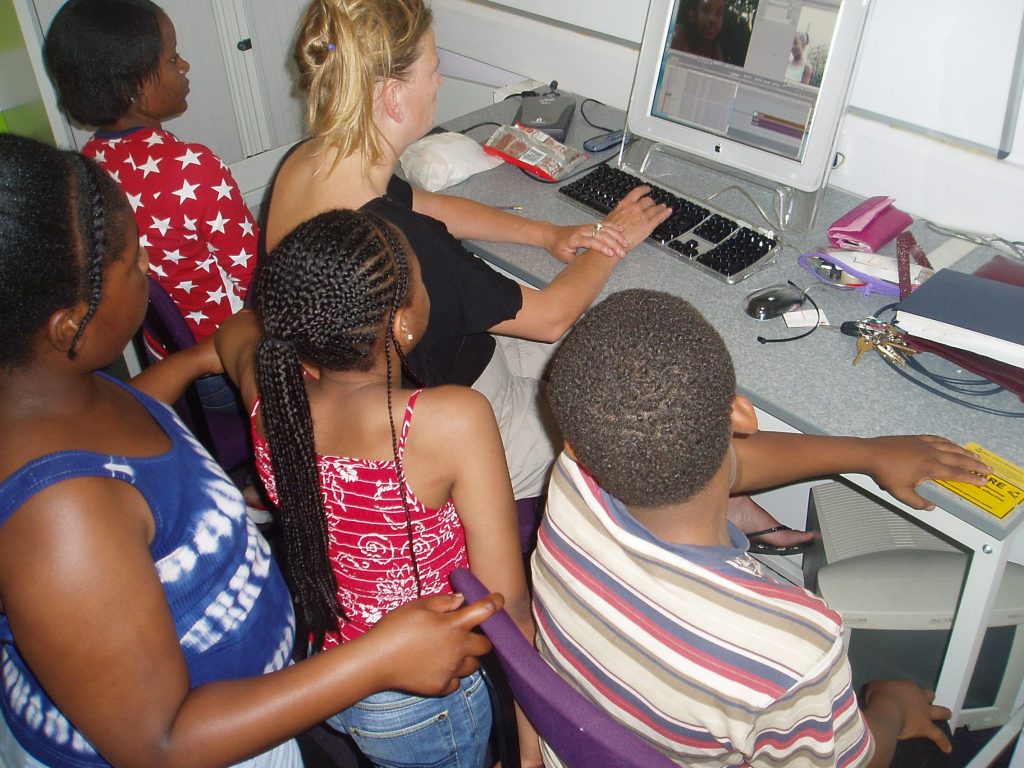
We have developed practices for platform sharing of video archives. We have learned how to organise clips so that the archive is easier to share with participants, and explored how to balance file-naming systems for archiving versus user-friendly labelling.
Expanding the Archive
Spectacle visited the Silwood estate on Monday the 29th of December and filmed locations and activities including ongoing construction, fly-tipping, the location where the youth club bus arrives, the new community garden, and general location shots around the streets of the estate.
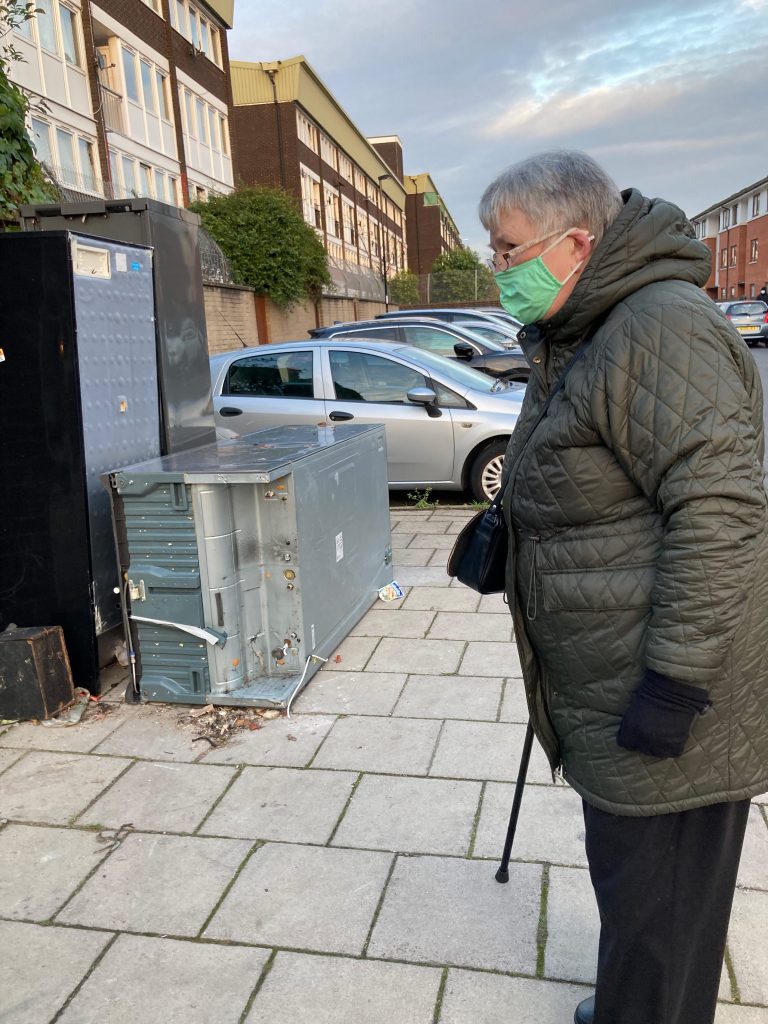
This footage will be added to the archive as part of the ongoing documentation of the Silwood estate for the past 20 years during the regeneration of the area.
Plans to Continue the Programme
We plan to continue working with the Silwood community on the archive. We have been involved with the Silwood community for over 20 years, and that relationship is one we are eager to continue.
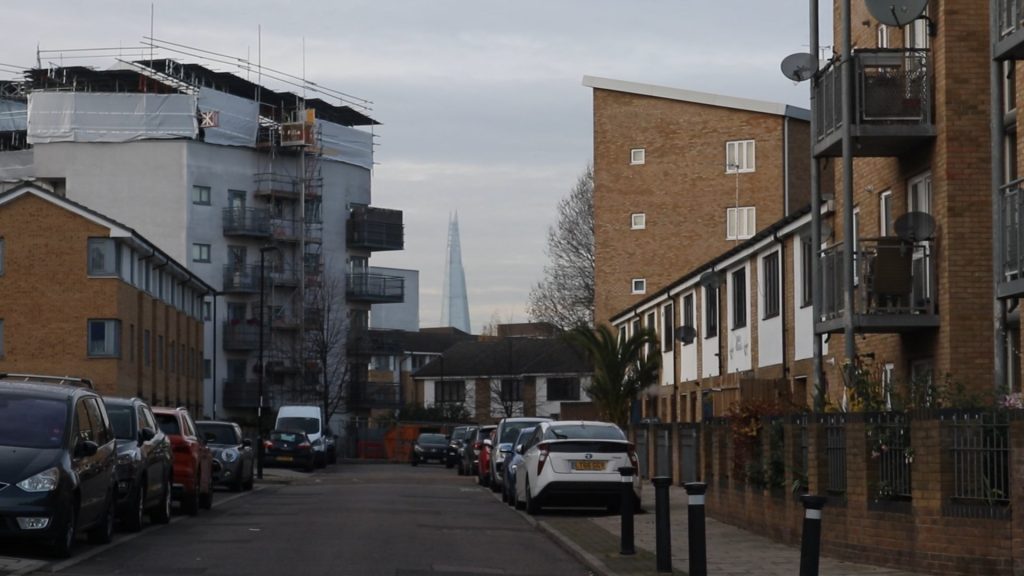
Further, this experience has given us confidence to push forward and expand the model. We are eager to use this archive-based participatory model to explore some of our other archives, and the skills gained in this project are easily transferable. We are keen to continue running archive-based participatory workshops with various communities drawing on our numerous other video archives.

The Silwood Archive project is supported by The Audience Agency’s Digitally Democratising Archives project thanks to funding from DCMS and the National Lottery, as part of The National Lottery Heritage Fund’s, Digital Skills for Heritage initiative.



This work is licensed under a Creative Commons Attribution 4.0 International License.
Except where noted and excluding company and organisation logos this work is shared under a Creative Commons Attribution 4.0 (CC BY 4.0) Licence
Please attribute as: “Silwood Archive Project (2022) by Spectacle Media CIC supported by The National Lottery Heritage Fund, licensed under CC BY 40

